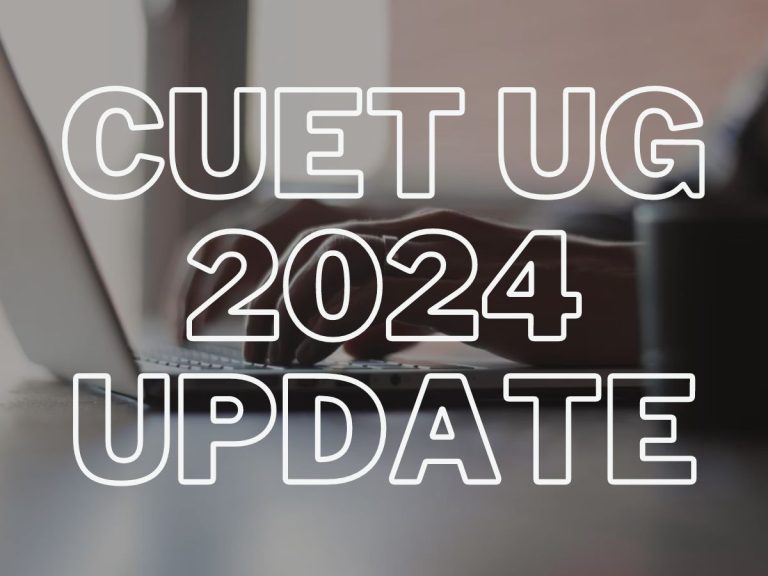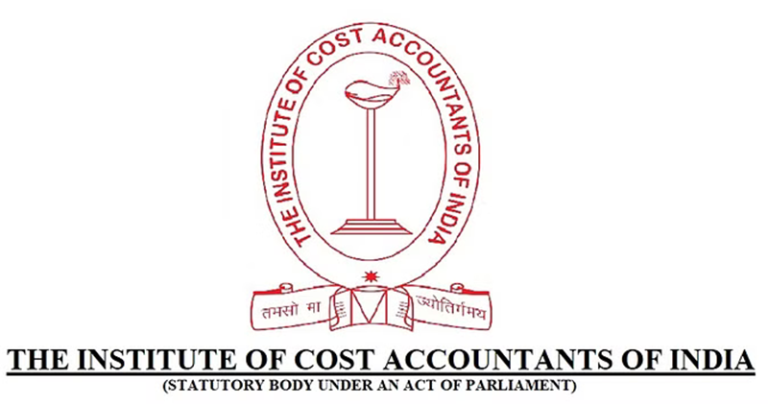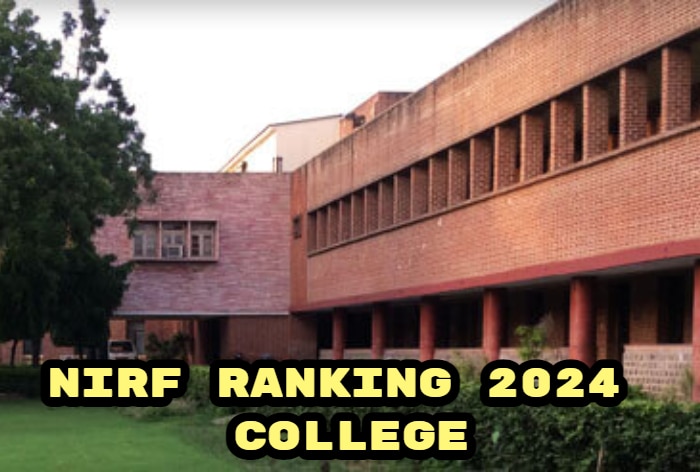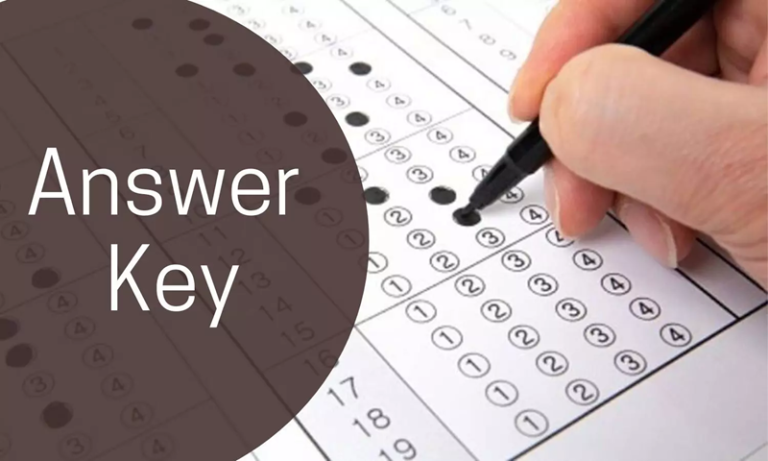NMC has issued guidelines, very important for MBBS students

The National Medical Commission (NMC) has issued guidelines for the competency-based postgraduate training program for MD in Emergency Medicine. The curriculum aims to enable students to provide high-quality emergency care and function effectively as teachers, researchers and administrators in emergency medicine.
The guidelines prepared by the Post Graduate Medical Education Board (PGMEB) discuss subject-specific learning outcomes, competence, syllabus, teaching and learning methods, assessment and recommended textbooks, among other aspects.
Students will be taught these tasks
As per NMC guidelines for MD Emergency Medicine, with the help of this syllabus, students will be able to do these tasks:
Provide rapid care to a completely physiologically stable patient.
Identify, be able to resuscitate and stabilize sick patients and also know when it is appropriate to stop.
Provide rapid care to an injured patient with a full range of complications
Care for children of all ages, children at all stages of their development and very sick children in the emergency department.
Support the emergency department team by answering clinical questions and making the right decisions.
Provide necessary procedural skills.
Deal with complex and challenging situations in the workplace.
Lead an emergency department shift.
Support, supervise and educate.
Participate in research and manage data appropriately.
Participate in and promote activities to improve the quality and safety of patient care.
Manage, administer and lead.
In addition, students will gain competencies in emergencies such as pre-hospital care, emergency wound management, pulmonary emergencies, gastric emergencies, environmental injuries, skin disorders, trauma management, abuse and assault management, etc.
MD in Emergency Medicine: Final Exam, Learning Methods
Candidates will have to perform 24 procedures and attend teaching and training programs for emergency medical technicians and interns.
PG student of Emergency Medicine must do at least one of the following to be eligible to appear for the final exam:
Poster presentation at National/Regional/State conference of their specialty;
Podium presentation at National/Regional/State conference of their specialty;
Publish or get accepted for publication a research paper as first author in a journal of their specialty.
It is also important to know this
The NMC guidelines further state that basic courses for cardiac life support, trauma life support, airway management, research methodology, suturing and splinting will be completed by the end of the first year and courses like mechanical ventilation, pediatric life support, neonatal life support, nerve block will have to be completed by the students by the end of the fifth semester.





